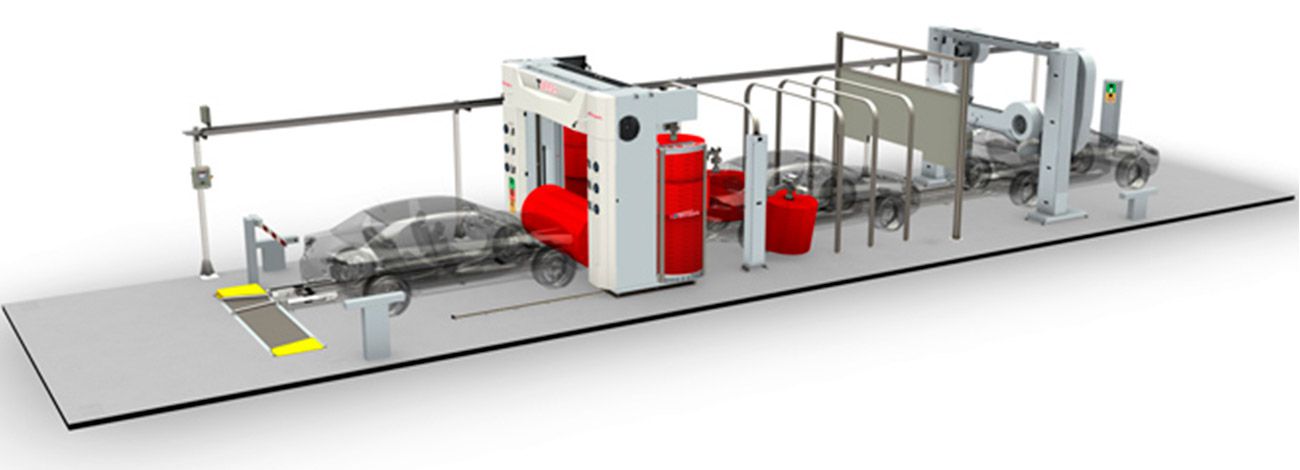AIMPLAS and new European project reducing textile waste by 80%
The tExtended project introduces an innovative approach to recycle textile waste by developing a knowledge-based masterplan for optimized cycling of discarded textiles.
The research mixes recycling, waste-valorization and data technologies to maximise impact.
20 organizations from 10 countries work together to create economically feasible and sustainable solutions to reduce waste in the textile field.

Finding recycling solutions to textile waste is a pressing European and global challenge, as it is estimated that less than 1% of textiles are currently recycled. As, at the same time, the European Commission has identified textiles as a priority product for the circular economy, it is necessary to expand technologies and infrastructures that support such business model.
The tExtended project started last December and will achieve this objective by developing and demonstrating effective textile recovery, waste valorization and recycling processes. These processes will be combined with digital tools and data-driven solutions to support sustainable circularity of textiles and maximise its impact.
AIMPLAS, the Plastics Technology Centre, participates in this project and will focus on digital tools and technologies for textile recovery. Specifically, AIMPLAS will be in charge of the identification and classification of textiles using optical separation systems, the pre-processing and recovery of materials for recycling, the recycling of textile waste through the solvolysis process, including industrial textile products and polymer mixtures such as PES/PUR, and the formulation and production of polyurethane coatings.
“We are effectively looking to create a master plan for a sustainable textile ecosystem. The tExtended project will optimise textile flows and retain the value of materials in a safe and sustainable way. Through our extensive pilot studies, we will verify the replicability of the tExtended solutions and their potential to reduce textile waste by 80%”, says tExtended Project Coordinator, Dr. Pirjo Heikkilä from VTT Technical Research Centre of Finland.
Despite the several studies in recent years about textile flows, there is still a lack of infrastructure and of a systemic method of collecting information. This 4-year project funded by the European Commission’s Horizon Europe research and innovation programme will progress beyond these issues by creating a knowledge-based and digitally enabled ecosystem.
tExtended solutions will have an impact as well on the communities, with the creation of new job opportunities and the reduction of waste and CO2 emissions. Local community actors will be involved in the development of the project’s solutions; their participation assures the feasibility of the model and the continued flow of second-hand textile material.
The knowledge produced with tExtended on circular economy applied to the textile industry will generate new business and strengthen competitiveness and resilience through sustainability and digitalization, thus accelerating the green and digital transformation in the European textile industry.
This project has received funding from the European Union’s Horizon Europe research and innovation programme under Grant Agreement No.101091575.





Recent Comments